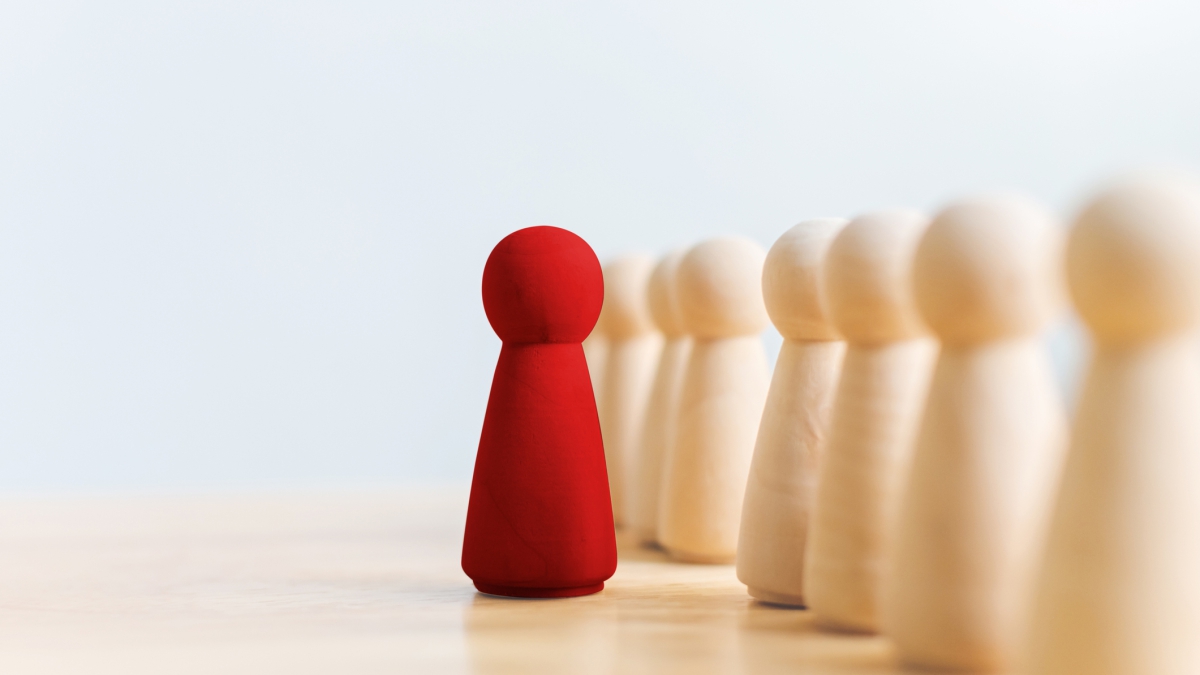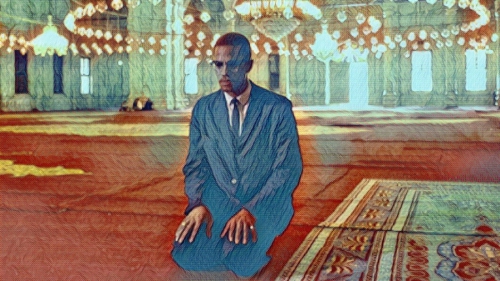The Puzzle of Human Personality

Latin word persona defined as the combination of or qualities that form an individual’s distinctive character. Many psychologists believe that there are five dimensions of personality which are openness, conscientiousness, extraversion, agreeableness, and neuroticism.
All these five traits have implications on our well-being and how our life goes on. That explains why it is important to know ourselves first. When we understand our personality better, we can connect easily with others by knowing why and how people behave.
When we talk about extraversion or introversion, what will come across our minds? Extrovert, the ones who love to talk. Introvert, the lone ranger. Or ambivert, the neutral one. Which type of personality defines each of us? The early 1900s was the time where the field of psychology emerged as a separate discipline. Carl Jung (1921), a psychologist believed that extroverts direct their energy outward towards others and gain energy from them meanwhile for introverts focus their energy inwards, towards more solitary thoughtful activities.
Introversion and extraversion are complex personality constructs. Most people fall somewhere on a spectrum between these two or express traits from both. How do we differentiate these two traits? One thing that characterizes extraversion is they speak more, love parties, meet new people, and display outgoing personalities. This is because, by nature, extroverts have lower brain activity. So, they need to recharge themselves by socializing. On the other hand, introverts have higher neuronal activity. Hence, they feel to spend their time alone, shielding them from external stimuli. They also enjoy personal conversations, think before speaking, and are introspective.
Introverts may seem like shy people, but that is not the case. They just feel tired when there are too many people involved in a conversation. So, they plan to fade away to recharge themselves. Extroverts also get misunderstood as bad listeners. They just love to engage with other people which means they love to talk and listen to, but they just speak their minds faster than introverts do. Susan Cain (2013), an American writer, believes we are exquisitely complex individuals as our introversion or extroversion will interact with our other personality traits, personal history, and therefore the culture we grew up in. Sometimes, we are not always what we seem to be. So we should always love ourselves and never get intimated by what people say about us. Every individual is unique and special.
Two main factors shape or influence someone to be extrovert, introvert, or ambivert. First, the genes and hereditary factors inherited from parents. According to Eysenck (1956), biological factors play a significant role in determining our personality traits. Secondly, the environmental variables such as the surrounding, education, and social relationships. Some studies had been done to determine this statement. For example, Siegelman (1966) reported that sons who were punished by their parents would exhibit more introverted behavior than those who were less severely disciplined.
Environmental variables can also affect people’s personalities. For example, practicing social distancing and stay-at-home rules because of the rising number of COVID-19 have led to psychological effects based on our personality. Introvert people might feel this lockdown does not affect their lives so much. However, they may develop social phobias as current implementation promoting social distancing as they spend more time on their selves, compared to socialize with other people nowadays. Extrovert people might find it hard to adjust themselves to the situation because they are deprived of social attention and they might develop an increased level of stress due to lack of contact with another person.
COVID-19 has brought difficult times when we are struggling to cope with our problems, such as stress due to lack of interaction or even struggling with financial problems. This journey might be hard and lonely, but we have to remember that we are not alone. People have different worries and difficulties, but that is not the end of everything. We can cope with the stress by talking with our loved ones, connecting with our friends, and talk to a counselor if needed, about what we are facing. We should focus on what we can control, as not everything in this life will go our way. It may be overwhelming, but we can get through this step by step, to find real happiness in our lives.
Some people might feel they are less worth and inferior to others just because they are different. Allah has created us ‘humans’ as unique creatures and different from each other. Every person has different problems and personalities. This world is full of different types of people and that makes life interesting. Imagine ourselves with a group of people who have similar personas, does not that make life quite dull? Hence, it depends on how we face these types of personalities and it is all about respecting the differences among us. When someone has a different way of interacting with us, we should try to embrace why they have behaved like that and not see them personally but objectively. Some might need time to open to other people as all of us have different stories of life. We need to understand and take the best approach to each type of person.
In conclusion, although we have different types of the personality spectrum, there is no personality type better than the other. Our personality is uniquely ours; it is the way how we see the world with our views. If we feel like we want to be good at something, we can try to put our strengths to achieve the goal instead of changing our characters. Always practicing respect for each other is the key despite differences in our persona. Respect builds trust in relationships.
This coincides with the Quran from surah Al-Hujurat, verse 11: "Believers, no one group of men should jeer at another, who may, after all, be better than them; no one group of women should jeer at another, who may, after all, be better than them; do not speak ill of one another; do not use offensive nicknames for one another. How bad it is to be called a mischief-maker after accepting faith! Those who do not repent of this behavior are evildoers."
In this verse, Muslims were asked to respect each other because Islamic law honors each person and gives nobody the right to humiliate others. We are all different and that is special.
Lidiya Binti Mohd Yusof is a second-year student in the Faculty of Medicine and Health Sciences, Universiti Sains Islam Malaysia.
Topics: Diversity, Personality, Psychology, Relationships Values: Humility, Manners, Tolerance
Views:1441
Related Suggestions

















